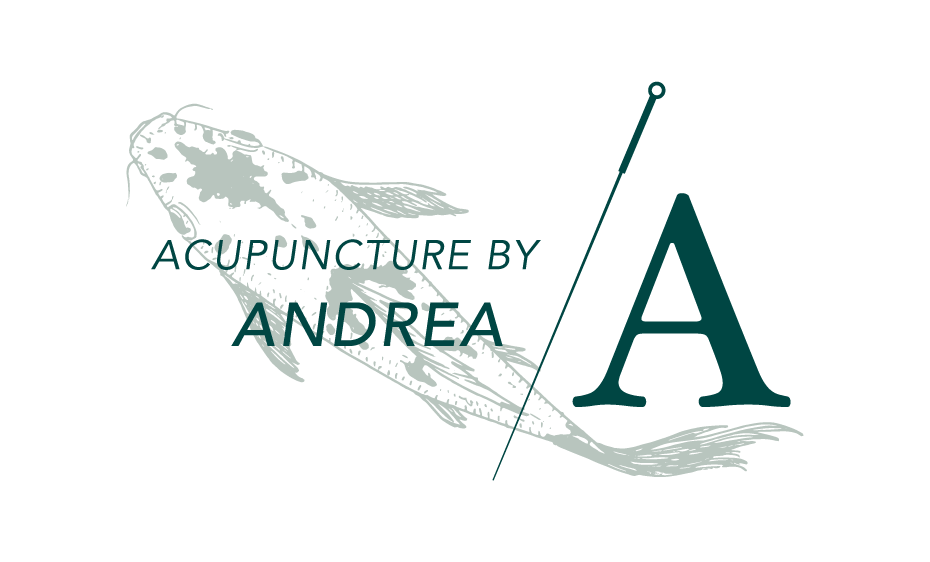Food Cravings And Why We Eat What We Need
Sweet or salty? Ice cream or chocolate? Coffee or lemonade? What drives you to crave some foods over others? You probably think you’re making choices based on what sounds appealing to your mind and taste buds, but it’s actually your body telling you what will best serve your health.
We often hear that a food is “good” or “bad” for us, but we don’t often understand why or how this is true. Ancient Chinese medical practitioners studied the body, and the physical environment to better understand how to stay healthy and live a long, prosperous and balanced life. They observed the importance of food in the health equation, and they prescribed food therapy before any other type of intervention.
There are five essential flavors in Traditional Chinese Medicine (TCM), designated as sour, bitter, sweet, pungent/spicy, and salty. The original practitioners developed the Five Elements system to assign characteristics to the internal organ systems and flavors were one of these characteristics. Foods directly affect the organs in a medicinal manner, and there is a therapeutic action in each flavor that works on a specific organ system or acupuncture meridian. The flavor designations correlate to the actual flavor of the food, as well as to the properties of those flavors and how they affect your body.
The Five Flavors
Sour
Sour tastes affect the liver in TCM. Sour flavor is generally considered cooling, as these foods soften a stagnant liver in which heat has built up and been retained. Sour foods help break down fatty or greasy food, assisting the gallbladder, the liver’s partner organ. Sour also has a moistening and softening affect that helps soften the contractile nature of the tendons and ligaments when they are tight.
Pickles, fermented vegetables and limes are types of food containing the sour flavor.
When you crave pickles, wine or tomato sauce (pizza!) your body is usually trying to prevent the loss of too much fluid from an overactive bladder or excessive sweating. Acupuncture focuses on specific points to move the liver if it is stuck, or boost the yin if it is low. During menopause, herbal formulas with the sour flavor are used to astringe or hold in moisture and cool the body down. A great herbal formula used in this instance is Er Xian Tang or Two Immortal Decoction.
Bitter
The flavor of bitter might cause you to shake your head and wonder why would anyone crave bitterness, but it is actually quite common in many foods. The flavor of bitter goes to the heart and its partner, the small intestine. Like sour, it has a cooling action. Bitter foods aid in digestion by breaking up stagnation and moving things downward including food through the digestive system. In fact, bile is a bitter substance that aids in keeping the digestive process moving by clearing out the remnants of stomach acid and breaking up fats.
You tend to crave bitter substances when your digestion is sluggish and constipation may be occurring. You might feel overly affected by summer heat and not able to cool down. Bitter foods like coffee and dark chocolate will aid in movement. The bitter flavor can be found in a variety of vegetables. The fiber content in most vegetables is helpful in moving the bowels, but it’s the bitter taste that is a key factor in promoting elimination. Dandelion and mustard greens, celery, broccoli and kale are all bitter foods that aid in elimination. An herbal formula full of bitter herbs that is often used to help with heat clearing and constipation is Da Cheng Qi Tang or Major Order the Qi Decoction.
Sweet
The sweet flavor in Chinese medicine is associated with the spleen and stomach, another part of the digestive process. Sweet flavors are warming and tonifying, as well as moisturizing. Building and maintaining a strong stomach and spleen is how we break down what we eat and then produce life-sustaining energy and build blood. Ancient practitioners thought of the stomach and spleen in the digestive process as a cauldron being heated over a fire. The stomach acid breaking down the food is like the bubbling in the pot and the fire is the digestive enzymes from the spleen. In order to break down the food to get the nutrients, there has to be strength to complete the task. Too much sweet flavor (a definite problem in most American diets), creates heat and stagnation along with excess phlegm, compromising and slowing down the digestive process.
The sweet flavor in TCM is not the overly sugary, saccharine-laden taste we normally consume. Processed sugar is not good for us. Healthy and beneficial sweet foods include corn, honey, and sweet potatoes. Corn is good for drying excess dampness (phlegm) and most fruits are considered sweet and moisture producing. Sweet potatoes are great for tonifying the spleen, and honey is a natural, healthy sweetener. When someone complains of weight gain, bloating and insomnia, they tend to heavily crave sweets due to a compromised spleen. Acupuncture is fantastic at working on boosting the spleen’s strength and getting rid of the dampness that has accumulated. Gui Pi Tang or Restoring the Spleen Decoction, is a very old and often prescribed formula to strengthen the spleen.
Pungent/Spicy
The flavor of pungent or spicy is associated with the lungs and large intestine in TCM. When there is excess phlegm buildup with weakness and stagnation, you probably feel a strong urge for spicy foods, as this flavor will warm you and move your blood. Because the lungs are connected to the large intestine in TCM, digestion and elimination are also affected through pungent or spicy flavor. The related emotion for the lungs is grief. Someone who has long term emotional stagnation due to a death, a job loss or relationship issues, will become sluggish and lax. Foods in this category include ginger, garlic, onions and horseradish, all with the benefit of opening the lungs; these pungent foods are all-white and light colored like the color of metal, the lung element. A great formula containing pungent herbs for cough and phlegm in the lungs is Bai He Gu Jin Tang or Lily Bulb Decoction to Preserve the Metal.
Salty
The salty flavor is aligned with the kidneys. The foundation of our entire physical system is the kidneys.
Salt has gotten some bad press over the years due to its connection to high blood pressure and heart health. The reality is, salt helps to move water and balance the overall health and stability of your body. In TCM and in Western medicine, the heart and kidneys have a connection. Salty foods in TCM help to soften “lumps” or accumulations like tense muscles, backed up lymph nodes and constipated stools. When overwork and inadequate sleep are a constant in your life, you tend to get adrenal (kidney), fatigue. You might find yourself constantly craving potato chips or soy sauce or heavily salting the food on your plate. This tells us the body is out of balance and the kidneys, being a pair, like to be in harmony. Instead of consuming processed foods that drive up blood pressure, choose walnuts, olives, or seafood—naturally salty from its origins in the ocean.
Two formulas prescribed for the kidneys after a lengthy illness or menopausal complaints are You Gui Wan, or Restore the Right Pill and Zuo Gui Wan, or Restore the Left Pill. Used together or separately, these formulas are amazing, warming where this is cold and cooling where there is heat to effectively move blood and fluid through the kidneys.
If you are craving specific foods and you can’t seem to break the habit (that nightly hunt for ice cream!), it’s likely there is a deeper health and physical wellness explanation. At the Acupuncture by Andrea clinic, we can figure out what the imbalance is and work to get your body back to its happy state of homeostasis. Food should be enjoyed, but it is also medicine. Too much or too little can cause adverse issues, but the right amount in the appropriate season is like a perfect meal, flavored just right!

